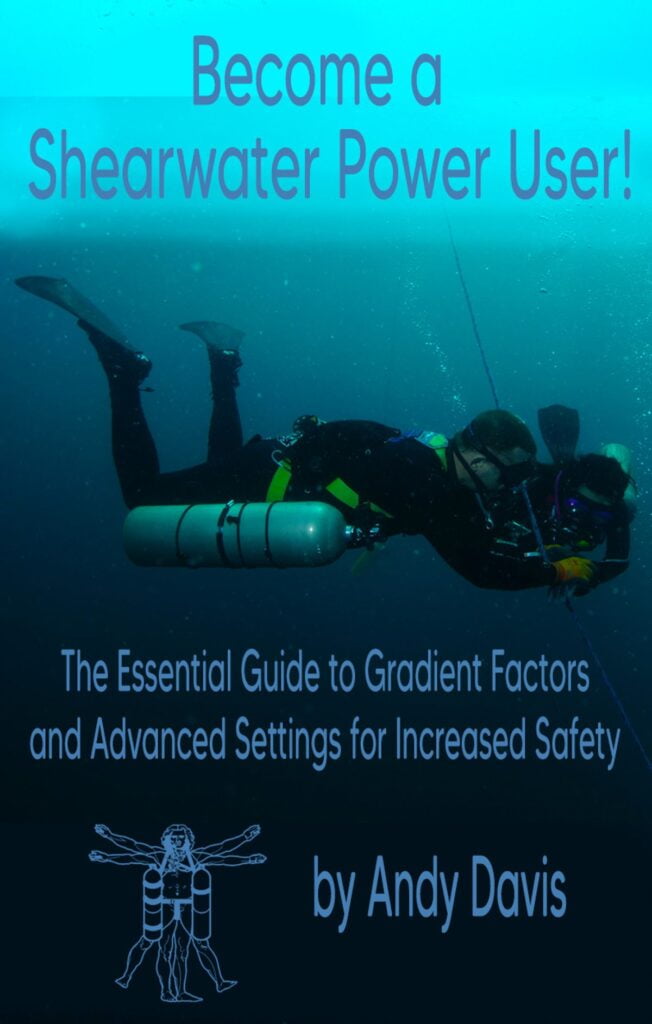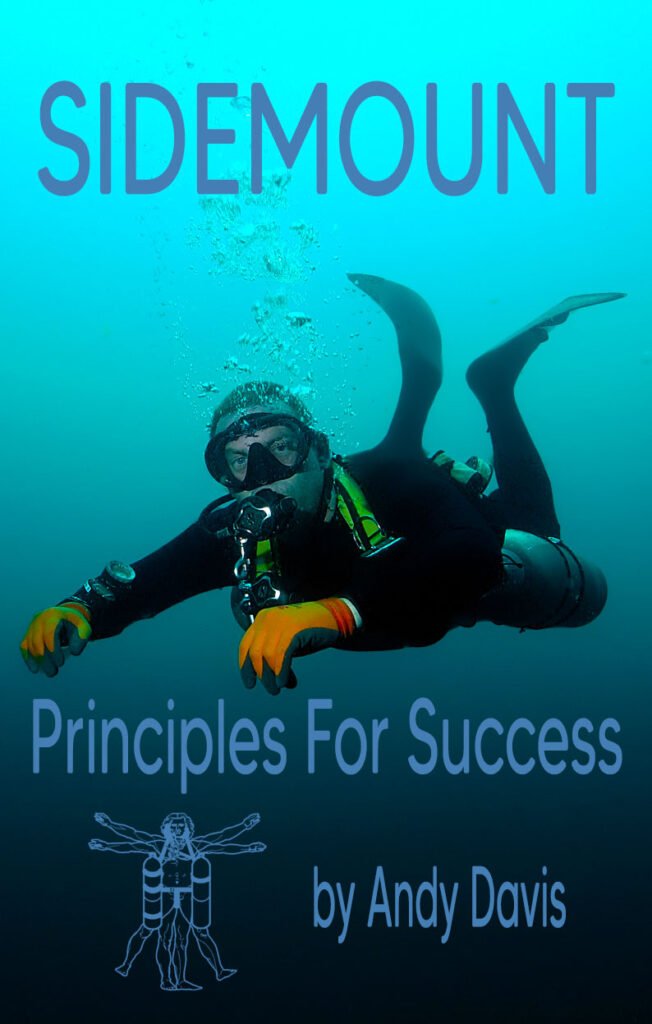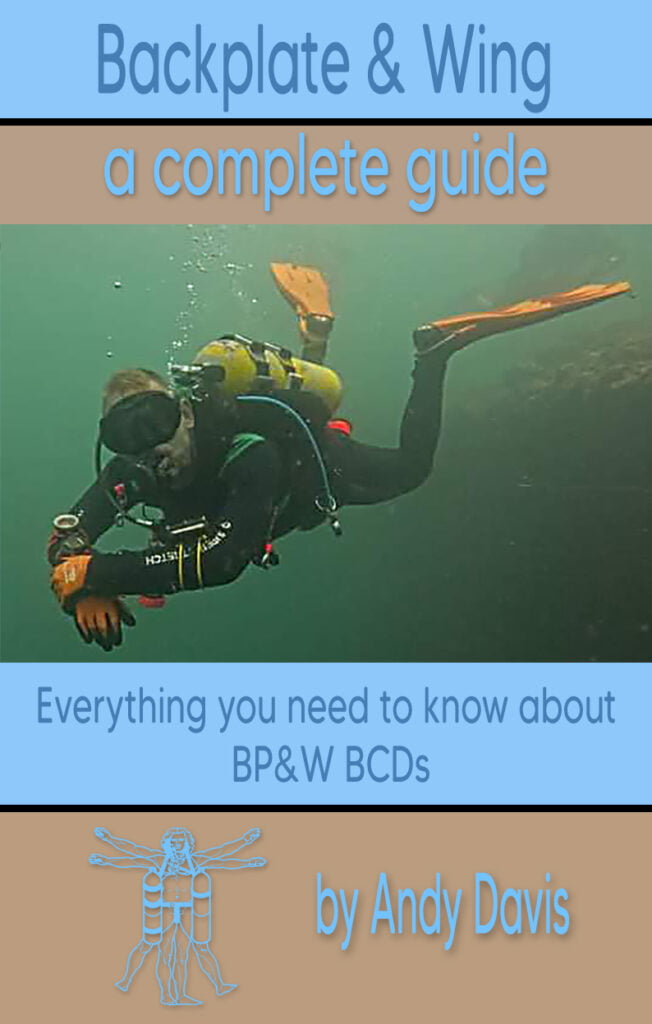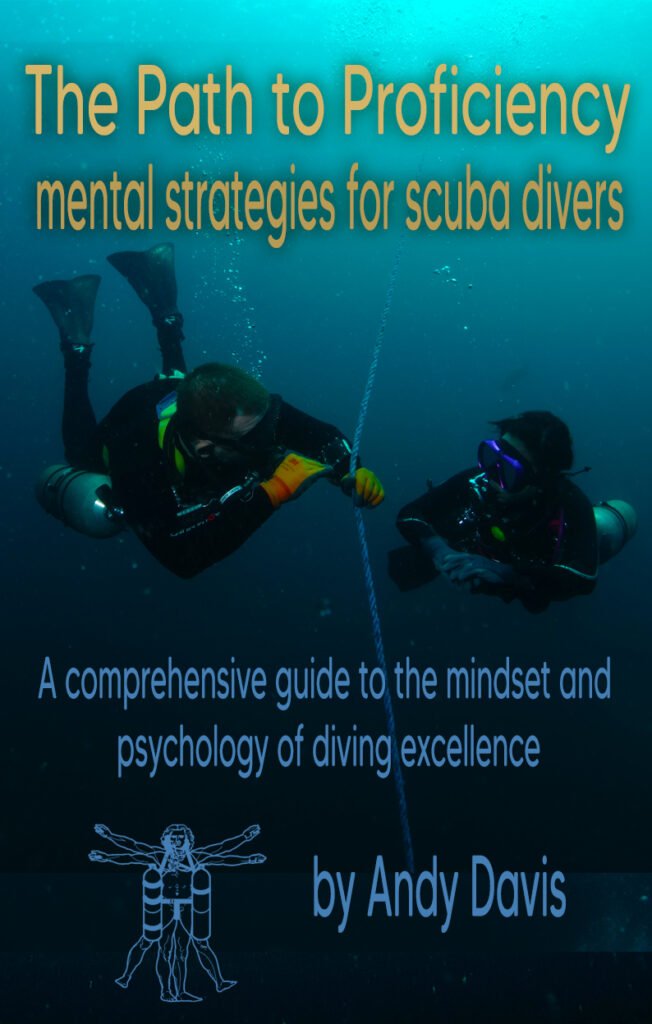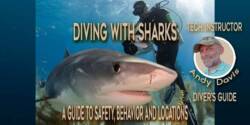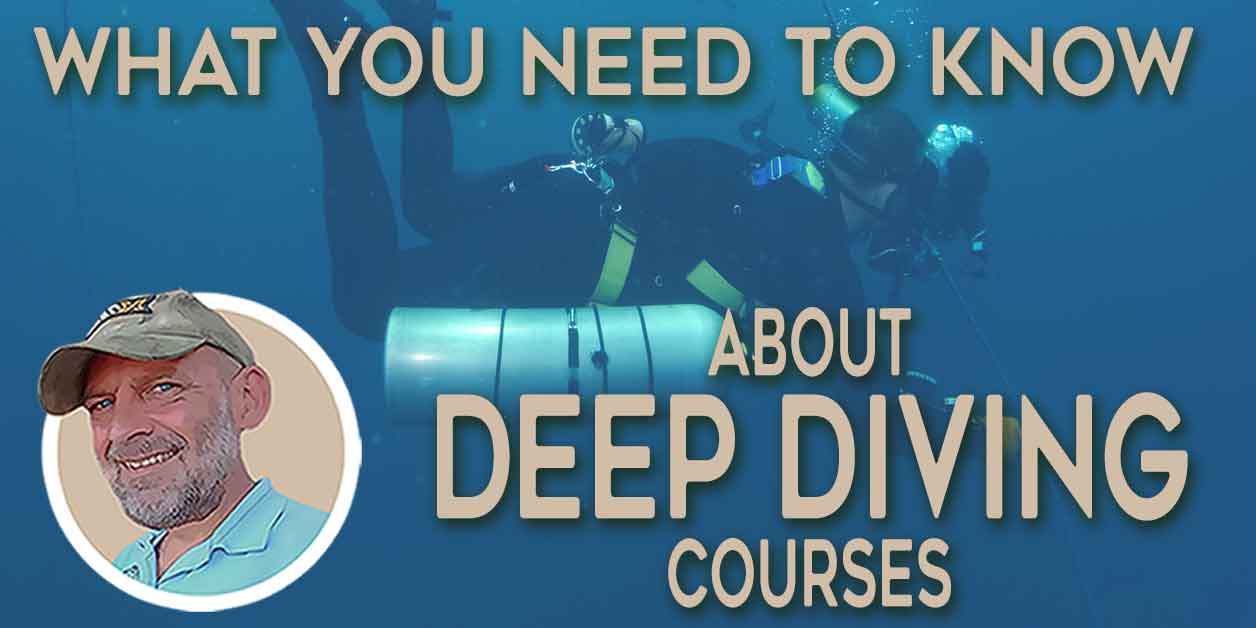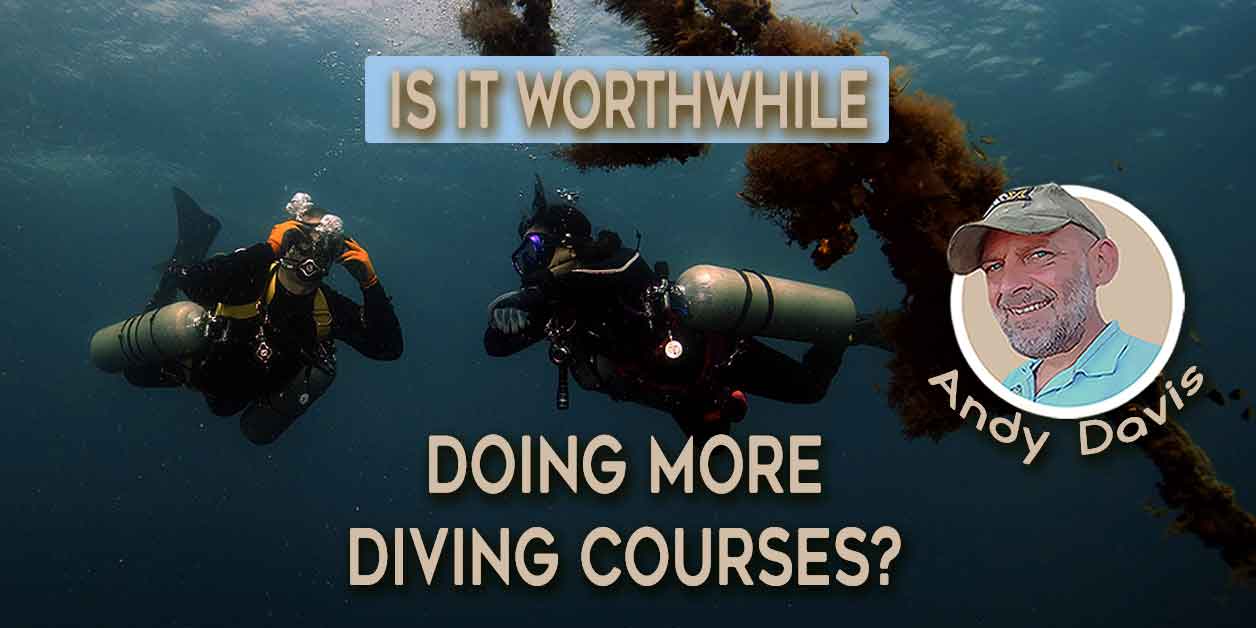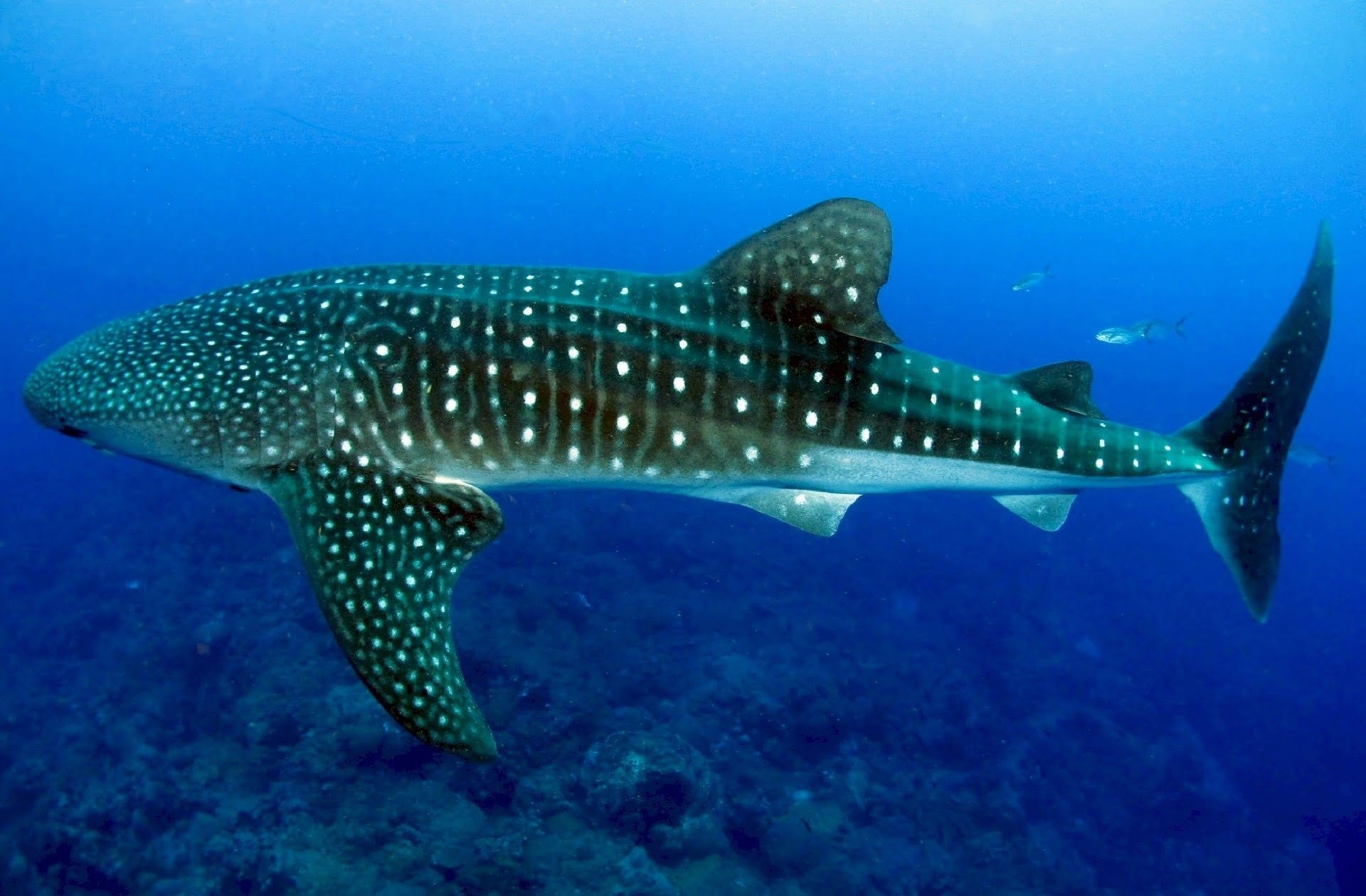Dive into Fun: A Parent’s Guide to Youth Scuba Diving for Kids
Ever wondered how to turn your family vacation into an underwater adventure for your kids? As a parent, the joy of witnessing your children explore the mysteries beneath the waves is unparalleled.
Discover the benefits, safety tips, and the pure thrill of introducing your kids to the wonders of scuba diving. In this article I will explain what you need to know about youth scuba diving, offering you a roadmap to safely introduce your child to the wonders of underwater exploration.
Get ready for a journey filled with excitement, education, and the joy of creating lasting aquatic memories together.
The Benefits of Youth Scuba Diving for Kids
Physical and Mental Health Benefits
- Scuba diving offers a holistic workout, enhancing cardiovascular fitness and muscle strength.
- Weightlessness underwater minimizes joint impact, making it inclusive for various fitness levels.
- The tranquil underwater environment acts as a natural stress reliever, promoting mental well-being.
As a scuba diver, children find not just physical vitality but also a haven for mental rejuvenation. The rhythmic movement underwater provides a comprehensive workout, enhancing cardiovascular fitness and strengthening muscles.
Importantly, the weightlessness experienced beneath the waves ensures that scuba diving is an inclusive activity, suitable for children with varying fitness levels.
Beyond the physical benefits, the tranquility of the underwater world serves as a natural stress reliever, fostering mental resilience and emotional well-being.
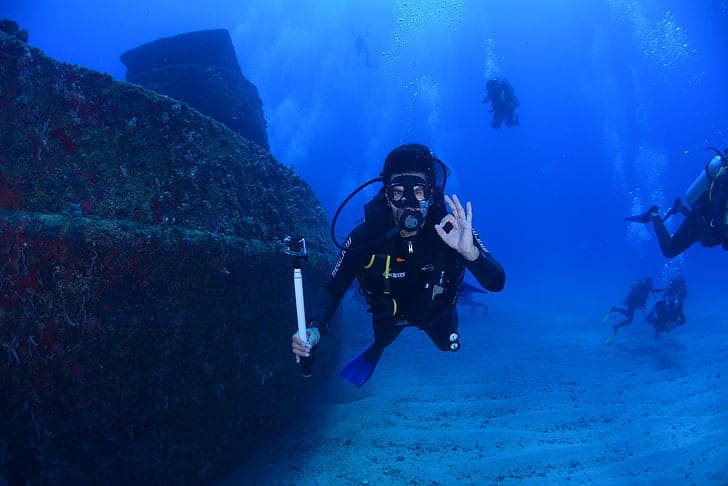
Youth Scuba Diving: Skill Development
- Youth scuba diving fosters teamwork as childen rely on each other for safety and success.
- Collaborative underwater experiences build effective communication and cooperation skills.
- The unique challenges of diving contribute to the development of a child’s analytical and problem-solving skills.
Youth scuba diving is a shared journey, not a solitary pursuit. It’s an activity that requires effective teamwork, as kids learn to rely on each other for safety and success. As a result, collaborative underwater experiences go beyond the thrill, building essential life skills such as communication and cooperation.
Moreover, the unique challenges presented by the underwater world contribute to the development of a child’s analytical and problem-solving skills. Navigating obstacles and managing buoyancy become exercises in quick thinking and adaptability, skills that extend beyond the dive.
Confidence Building Through Mastering a Challenging Activity
- Overcoming challenges in scuba diving instills a profound sense of accomplishment.
- Gradual skill progression ensures each milestone boosts confidence levels.
- The controlled environment of scuba training provides a platform for conquering fears and building self-assurance.
Beneath the surface lies a transformative journey for young divers. Each challenge conquered in scuba diving becomes a stepping stone to a profound sense of accomplishment.
The gradual progression of skills ensures that every milestone achieved boosts confidence levels. The controlled environment of scuba training serves as a platform for conquering fears and building self-assurance.
From mastering buoyancy control to perfecting dive techniques, young individuals emerge from each experience not just as divers but as confident and resilient individuals.
Safety Considerations in Youth Scuba Diving
Ensuring the safety of young scuba enthusiasts is not just a priority; it’s the foundation of a meaningful and enjoyable diving experience.
Ensuring Safety in Scuba Training Programs
In scuba training programs for young divers, safety is embedded in every aspect. It’s not just about teaching skills; it’s about cultivating a mindset of responsibility and awareness.
- Structured Learning: Training has to follow a meticulously structured approach, ensuring a gradual progression that aligns with the developmental stages of young minds.
- Emphasis on Basics: Strong emphasis is placed on mastering fundamental skills before progressing to more advanced techniques. This ensures a solid foundation, promoting confidence and safety.
- Simulated Scenarios: Real-life scenarios are simulated in controlled environments, allowing young divers to practice emergency procedures. This proactive approach instills a sense of preparedness and quick decision-making.
Dive Equipment Tailored for Younger Divers
The gear young divers use is not just downsized versions of adult equipment; it’s specifically designed to cater to their unique needs and anatomies.
- Proper Sizing: From wetsuits to fins, ensuring the right fit is paramount. Proper sizing not only enhances comfort but also contributes to buoyancy control and overall safety.
- User-Friendly Design: Equipment is selected or modified to be user-friendly, allowing children to easily manage and operate it. Simplified designs minimize complications and enhance the overall diving experience.
- Training with Equipment: Young divers are thoroughly trained on the proper use of their equipment. This includes understanding each piece, its function, and how to troubleshoot common issues, fostering a sense of self-reliance.
The Importance of Proper Supervision and Communication Underwater
While the underwater world may seem serene, proper supervision and communication are vital elements in ensuring a safe diving experience for young individuals.
- Constant Supervision: Instructors maintain close and constant supervision, adapting their proximity based on the experience level of the young diver. This ensures immediate assistance if needed and builds a trusting instructor-student relationship.
- Clear Communication: Effective communication underwater is taught from the beginning. Hand signals and simple communication systems are used, allowing young divers to express themselves and understand instructions clearly.
- Encouraging Open Dialogue: Creating an environment where young divers feel comfortable expressing concerns or asking questions is crucial. This open dialogue fosters a culture of safety and continuous learning.
Age-Appropriate Dive Training Programs
Tailoring scuba training to the unique needs and developmental stages of young divers is key to fostering a lifelong love for scuba diving.
Overview of Youth Scuba Training Programs
Diving into the specifics of age-appropriate training programs ensures that each young diver gets the most out of their underwater adventure.
- Bubblemaker (8-10 years):
- Introduction to basic scuba gear and underwater breathing.
- Swimming pool only.
- Shallower than 2m / 6ft depth.
- A focus on having fun, comfort, and confidence building.
- Fun, interactive games that make learning a joyous experience.
- Seal Team (8-10 years):
- Safe Exploration: PADI Seal Team provides a secure platform for kids to discover scuba diving.
- AquaMissions: Engaging pool-based activities focus on basic scuba skills, buoyancy control, and environmental awareness.
- Gradual Skill Development: Introduces essential scuba skills progressively, from mask clearing to underwater navigation.
- Team Building: Emphasizes teamwork and cooperation, fostering camaraderie among young participants in underwater challenges.
- Recognition: Participants earn AquaMission recognition for completed tasks, building a sense of accomplishment and progress.
- Safety Priority: Maintains a strong focus on safety, ensuring young divers learn and practice essential safety measures from the start.
- Junior Open Water Divers (10-14 years):
- Comprehensive training in scuba diving fundamentals.
- Emphasis on safety protocols and equipment use.
- Controlled open water dives under close supervision to apply learned skills.
For Children Ages 10-11:
- Max depth of 12m/40ft
- Requires pro supervision.
- Group size: Limited to two children aged 10-11.
For Children Ages 12-14:
- Max depth of 18m/60ft.
- May dive with an Open Water Diver certified adult.
- Teen Divers (15-17 years):
- Building on Open Water Diver skills with more advanced techniques.
- Exposure to specialty dives like night diving or underwater navigation.
- Encouragement of independent decision-making and responsibility.
Your Insights on Structuring Training Sessions for Maximum Engagement
Crafting a training session is more than just going through the motions; it’s about creating an experience that captures the imagination and curiosity of young minds.
- Interactive Learning: Incorporating interactive elements, such as underwater games or marine life identification challenges, keeps kids engaged and excited.
- Storytelling Approach: Weaving stories about underwater adventures and marine life into the training sessions sparks imagination and curiosity, making the learning experience more memorable.
- Progressive Challenges: Structuring sessions with progressively challenging activities ensures a sense of achievement at each step. This approach builds confidence and maintains enthusiasm.
Addressing Concerns and Fears That Young Divers May Have
Underneath the excitement, it’s natural for young divers to harbor concerns or fears about scuba diving. Acknowledging and addressing a child’s fears is crucial for a positive and empowering diving experience.
- Open Communication: Establishing open lines of communication allows young divers to express fears or concerns without hesitation. This fosters trust and enables instructors to provide the necessary support.
- Gradual Exposure: Introducing elements gradually, especially in the early stages, helps acclimate children to the underwater environment. This incremental approach minimizes anxiety and allows for a smoother transition.
- Positive Reinforcement: Recognizing and celebrating small victories, whether overcoming a fear or mastering a new skill, reinforces a positive mindset, boosting a child’s confidence.
Practical Tips for Parents and Instructors
Navigating the waters of introducing young minds to scuba diving requires a blend of guidance, support, and a touch of enthusiasm.
Advice for Parents Considering Introducing Their Children to Scuba Diving
- Assess Readiness: Before booking a course, assess your child’s readiness for scuba diving. Ensure they meet the minimum age requirements and exhibit a level of comfort in the water.
- Communication is Key: Talk to your child about scuba diving, explaining the excitement and potential challenges. Address any concerns they may have and encourage an open dialogue.
- Choose the Right Program: Opt for reputable scuba programs designed for young divers. Look for certified instructors experienced in working with children to ensure a safe and enjoyable learning environment.
- Support Their Pace: Every child is unique. Support your child at their own pace, allowing them to gradually build confidence in the water. Celebrate their achievements, no matter how small.
Your Experience in Successfully Guiding Young Divers
Drawing from years of experience, successfully guiding young divers goes beyond technical expertise; it involves a personalized approach and a genuine passion for nurturing their love for the underwater world.
- Building Trust: Establishing trust is foundational. Taking the time to build rapport with young divers creates a sense of security, making the learning process more enjoyable.
- Emphasizing Fun: Infuse elements of fun into training sessions. Incorporate games, underwater challenges, and storytelling to keep young divers engaged and excited about learning new skills.
- Adapting Teaching Styles: Recognize and adapt to the individual learning styles of young divers. Some kids may respond better to visual cues, while others may thrive with hands-on activities. Flexibility is key.
- Encouraging Independence: Foster a sense of independence by gradually allowing young divers to take on more responsibilities. This not only builds a child’s confidence but also instills a lifelong sense of responsibility for their own safety.
Strategies for Instructors to Make Learning Enjoyable and Effective
Instructors play a pivotal role in shaping the scuba experience for young enthusiasts. Here are strategies to enhance the effectiveness and enjoyment of the learning process:
- Create a Positive Atmosphere: Establish a positive and encouraging learning environment. Praise effort and achievements, creating a space where young divers feel motivated to explore and learn.
- Utilize Interactive Techniques: Incorporate interactive techniques such as games, quizzes, and hands-on activities to make learning both educational and enjoyable.
- Tailor Instruction to Age Groups: Recognize the developmental differences in various age groups. Tailor instruction to cater to the unique needs and attention spans of children at different stages of growth.
- Safety First, Always: Reinforce the importance of safety throughout the training. Implement clear communication and emergency procedures, ensuring that safety remains a top priority.
Future Opportunities in Youth Scuba Diving
As young enthusiasts delve into the mesmerizing world of scuba diving, it’s not just a recreational activity—it opens the door to a myriad of potential career paths within the diving industry. Here, we explore the exciting possibilities and my perspective on fostering a lifelong passion for underwater exploration.
Potential Career Paths in the Diving Industry
Scuba diving is more than a hobby; it can evolve into a fulfilling career. Young divers can consider various paths within the diving industry, each offering unique challenges and rewards:
- Dive Instructor: Sharing the love for scuba diving by becoming a certified instructor is a natural progression. Guiding others through the underwater world becomes not just a job but a deeply rewarding experience.
- Marine Biologist: For those captivated by marine life, pursuing a career in marine biology allows them to combine their passion for diving with scientific exploration and conservation efforts.
- Underwater Photographer: For the artistic, scuba diving offers the opportunity to combine professional photography with the majesty of the underwater world.
- Underwater Videographer: From Hollywood movies to nature documentaries, an expert underwater videographer is in demand.
- Dive Shop Management: Managing a dive shop in the tourism industry provides the opportunity to be immersed in the diving community. It involves organizing trips, coordinating training programs, and connecting with fellow diving enthusiasts.
- Commercial Diving: For those seeking adventure, commercial diving offers opportunities in underwater construction, inspection, and maintenance, combining technical skills with the thrill of exploration.
- Dive Medicine and Research: Dive into the medical field by specializing in hyperbaric and dive medicine, researching the physiological effects of diving, and contributing to diver safety.
- Underwater Archaeology: Combine historical fascination with diving skills in underwater archaeology, exploring sunken shipwrecks and uncovering maritime history.
- Dive Equipment Design and Manufacturing: Dive deeper into the technical aspects by exploring careers in designing and manufacturing dive equipment, contributing to advancements in diving technology.
- Scientific Diver: Contribute to scientific research by becoming a scientific diver, participating in underwater field studies focused on marine life, ecosystems, and environmental changes.
Fostering a Lifelong Passion for Underwater Exploration
Beyond career paths, fostering a lifelong passion for underwater exploration is about instilling a deep connection and respect for the oceans. Here’s my perspective on nurturing this enduring love for the underwater world:
- Environmental Awareness: Educate young divers about the importance of marine conservation. Understanding the delicate balance of underwater ecosystems cultivates a sense of responsibility toward preserving our oceans.
- Encouraging Continued Learning: The ocean is a vast realm with endless discoveries. Encourage youth divers to pursue advanced certifications, attend workshops, and engage in continuous learning to deepen their understanding.
- Community Involvement: Being part of the scuba diving community enhances a child’s overall experience. Encourage participation in dive clubs, events, and conservation initiatives. Building connections with like-minded children and adults strengthens the passion for underwater exploration.
- Promoting Dive Travel: Experiencing different underwater environments through travel enhances a child’s love for scuba diving. Encourage exploration of diverse dive sites, broadening their understanding of the rich tapestry of marine life.
Youth scuba diving programs for kids not only open the door to exciting career opportunities within the industry but also lay the foundation for a lifelong journey of exploration, conservation, and awe-inspiring underwater adventures. It’s not just a hobby; it’s a gateway to a world of endless possibilities beneath the waves.
The Value of Scuba Diving for Kids
In summary, this guide illuminates the exciting world of youth scuba diving, emphasizing safety, joy, and lasting family memories.
By following the outlined tips, parents can confidently introduce their children to the wonders beneath the waves. We’ve explored essential safety measures, shared adventure ideas, and highlighted the educational benefits of youth scuba diving.
This journey promises not just underwater exploration but the creation of cherished family moments. Dive in, make a splash, and embark on a thrilling aquatic adventure with your little explorers
Scuba Diving for Kids FAQs
Children can typically start scuba diving at the age of 10.
Ensure proper training, use age-appropriate equipment, and follow established safety guidelines.
Yes, there are depth restrictions for junior divers. For example, children aged 10-11 may not dive deeper than 12 meters/40 feet.
Benefits include enhanced confidence, teamwork, environmental awareness, and a love for marine life.
Basic swimming skills are required, but your child doesn’t need to be an expert swimmer.
Look for instructors with experience in teaching children, positive reviews, and appropriate certifications.
Kids learn about physics, physiology, marine life, ecosystems, and the importance of environmental conservation.
It fosters responsibility, confidence, problem-solving skills, and a lifelong love for the ocean.
Possible careers include becoming a dive instructor, marine biologist, underwater photographer, scientific diver, dive medicine doctor, commercial or diver.
Youth certifications have age-specific depth limitations, and the training is tailored to the developmental stage of the child.
About The Author

Andy Davis is a RAID, PADI TecRec, ANDI, BSAC, and SSI-qualified independent technical diving instructor who specializes in teaching sidemount, trimix, and advanced wreck diving courses.
Currently residing in Subic Bay, Philippines; he has amassed more than 10,000 open-circuit and CCR dives over three decades of challenging diving across the globe.
Andy has published numerous diving magazine articles and designed advanced certification courses for several dive training agencies, He regularly tests and reviews new dive gear for scuba equipment manufacturers. Andy is currently writing a series of advanced diving books and creating a range of tech diving clothing and accessories.
Prior to becoming a professional technical diving educator in 2006, Andy was a commissioned officer in the Royal Air Force and has served in Iraq, Afghanistan, Belize, and Cyprus.
In 2023, Andy was named in the “Who’s Who of Sidemount” list by GUE InDepth Magazine.
Purchase my exclusive diving ebooks!
Originally posted 2023-12-21 17:47:19.



